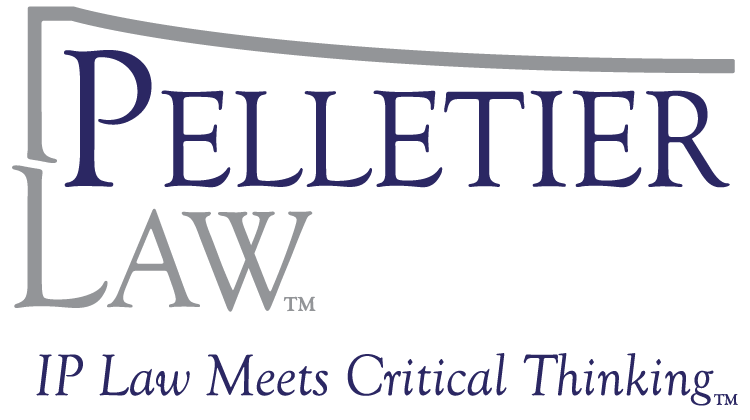Deflategate Bottom Line: Roger, You Were Playing Chess, Not Checkers
Roger Goodell went to U.S. district court (after selecting the NFL’s hometown venue) and essentially said to Judge Richard Berman, “King me!”
Unfortunately, Commissioner Goodell, you were playing chess, not checkers. And, ultimately, the NFL lost because you did not think ahead.
Your first mistake is that you did not allow your independent investigator to be independent. Your second mistake is that you picked and conveniently ruled in the NFL’s favor in two discovery fights.
While the NFL, NFL Players Association and their collective bargaining agreement certainly are unique in their own ways, the two mistakes that the NFL made should be a wake-up call to any business that finds itself in a situation that might lead to or has led to litigation.
As to the first mistake, an independent investigator, like a testifying expert in litigation, must be credible. To be credible, an independent investigator or expert cannot be merely a mouthpiece who simply parrots what the client wants him to say. Likewise, a credible investigator or expert cannot represent or advocate on behalf of a client. Rather, he must be objective.
Here, the NFL retained Ted Wells and his law firm to be the independent investigator of the events popularly known as Deflategate. Yet, the NFL undermined and ultimately eliminated that independence in two ways. First, the NFL appointed a co-lead investigator who clearly lacked independence: Jeff Pash, the NFL’s Executive Vice President and General Counsel. Second, and just as astonishing, Lorin Reisner, who is Mr. Wells’ partner, a member of the investigative team and a co-author of the Wells Report, questioned witnesses during the underlying hearing and did so on behalf of the NFL. Mr. Reisner conducted both direct and cross examinations of witnesses and, most notably, cross-examined Tom Brady.
There is no way that the NFL, its in-house counsel or the investigator/NFL outside counsel reasonably could have thought that the investigator, investigation or resulting Wells Report fairly could be characterized as independent in light of those events. Absolutely no way. Because there was no independence, there was no credibility and, most importantly, no fairness for Mr. Brady.
As to the second mistake, Commissioner Goodell picked two discovery fights over information and documents that Mr. Brady, through his counsel, requested and was entitled to receive. Then, Commissioner Goodell conveniently ruled in the NFL’s favor in both of those fights.
More specifically, Commissioner Goodell did not allow Mr. Brady’s counsel to question co-lead investigator Pash during the underlying hearing and denied Mr. Brady’s document requests prior to the hearing. (As an aside, the irony here is that Commissioner Goodell sought to impose an unprecedented penalty on Mr. Brady partly because Mr. Brady destroyed a cell phone that he was not obligated to provide to the NFL.) Importantly, fights over discovery (e.g., whether the other side can question a witness and obtain documents) often are unwinnable as a practical matter. In other words, unless the information or documents sought are privileged or protected, or it would be unduly burdensome to locate and produce the information or documents, those fights are usually a colossal waste of time and money, give the impression that there is something to hide or, as was the case here, deprive the other side of a full and fair opportunity to pursue and present its case.
So, Commissioner Goodell, why didn’t you allow Mr. Wells to be independent? Why didn’t you allow co-lead investigator Pash to be questioned under oath? Why didn’t you produce the documents that Mr. Brady requested? Yes, you have tried to justify those mistakes. But, Judge Berman correctly rejected your explanations. Honestly, it seems that you didn’t want to risk (1) a truly independent investigation (which makes one wonder what your actual motivations are) (2) sworn testimony from co-lead investigator Pash, an attorney with ethical obligations to his profession, and (3) revealing potentially objective evidence. Yes, those risks might have prevented you from sliding across that black and red checkerboard to pay dirt. Well, here you are. Checkmate.

Leave a Reply